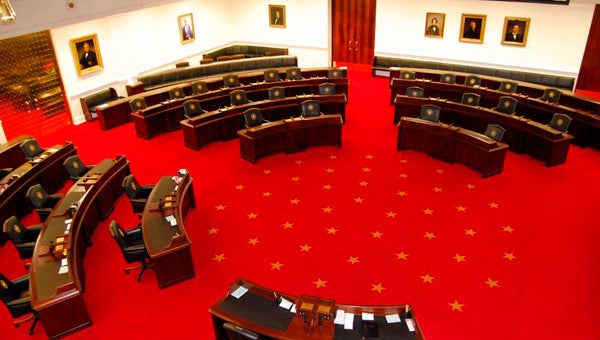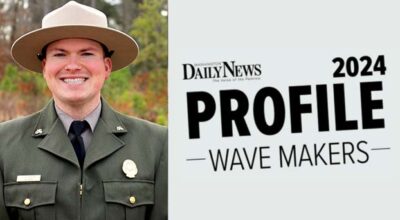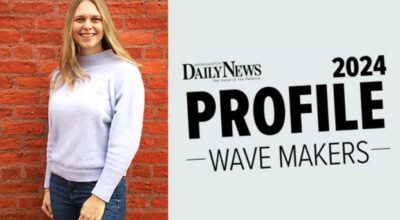Legislating: Cook, Speciale and Tine work to help residents
Published 1:55 am Sunday, April 12, 2015

N.C. GENERAL ASSEMBLY
TWO CHAMBERS: The Senate chamber of the N.C. General Assembly is the more intimate chamber because it does not have as many members as the House chamber. Hundreds of bills make their ways through the two chambers each legislative session.
Area legislators have been busy filing bills and helping pass legislation they believe will improve the areas they serve.
Those bills and legislation (some already signed into law by Gov. Pat McCrory) deal with lowering electric rates for many eastern North Carolina residents, ferry tolls and economic development. And when the legislators are not filing bills, they co-sponsor legislation and work with their respective committees.
State Reps. Paul Tine, an unaffiliated legislator from Dare County, represents District 6 in the House; Michael Speciale, a Republican from Craven County, represents District 3 in the House; and state Sen. Bill Cook, a Republican from Beaufort County, represents District 1 in the Senate.
Each of the three believe the legislation (signed into law by McCrory) that should lower electric rates is a great example of bipartisan cooperation. The law allows Washington, Belhaven and other eastern North Carolina cities and towns — members of the N.C. Eastern Municipal Power Agency — to proceed with a sales agreement that should reduce electricity rates and spur economic development and job growth across the region.
Speciale called the law one of the “most significant bills that will affect the East.” Cook, in an email, wrote, “This initiative is a win-win — it will bring affordable energy to Eastern North Carolina, make the region far more competitive for new jobs and ensure all customers of both entities ultimately pay less on their utility bills.” Tine believes the agreement will remove impediments to economic development in eastern North Carolina, with lower electric rates making the region more attractive to prospective businesses and industries.
Other issues are on the minds of the legislators.
“There has been a couple bills introduced to reform the state sales tax system with the goal to increase local resources necessary to strengthen public education, attract new jobs and contribute to the state’s economy. I’m working with my colleagues in the Senate on this issue to help address all of the counties in Senate District 1 on this issue. Improving the quality of life for the citizens of Beaufort County are of upmost importance to me,” Cook wrote.
Speciale, in an email, wrote, “I submitted a bill that was a result of a problem in Beaufort County. The new jail that some of the Commissioners want to build has become a contentious issue, and those who oppose $40 million in spending for this have no recourse. Under my bill they will. If a County of Municipality is planning on spending over $5 million on a capital project, if (and only if) there are objections and those who object are able to get 10% of the registered voters in that unit of government to sign a petition protesting the action, this will force a referendum on the issue.
“This bill will have a positive impact for the citizens of many of the smaller, low income counties who cannot afford property tax increases. (H128)”
Tine, in an email, discussed an issue he believes is important to the region.
“How we reform the homeowner’s insurance rate making process continues to be up for debate. A couple of weeks ago I passed House Bill 151 to the Senate that will bring better information to the rate making process and make it more accessible to the public,” he wrote. “Senator Cook and other members of the Senate and House have put forth Senate Bill 208 (HB 182) with another set of solutions and I have signed on to their plan as well. It doesn’t matter whose plan we use as long as we fix our homeowner’s insurance rates.”
This article is the first installment in an occasional series concerning area legislators’ efforts in the N.C. General Assembly.






